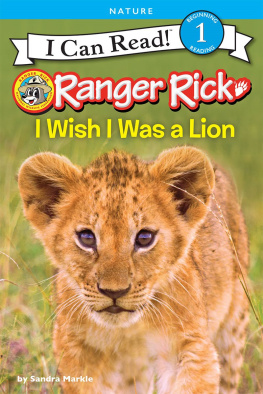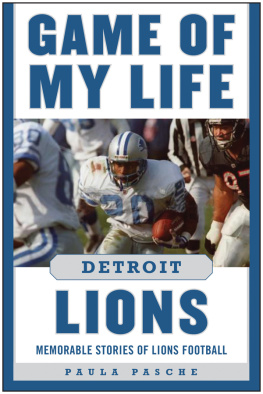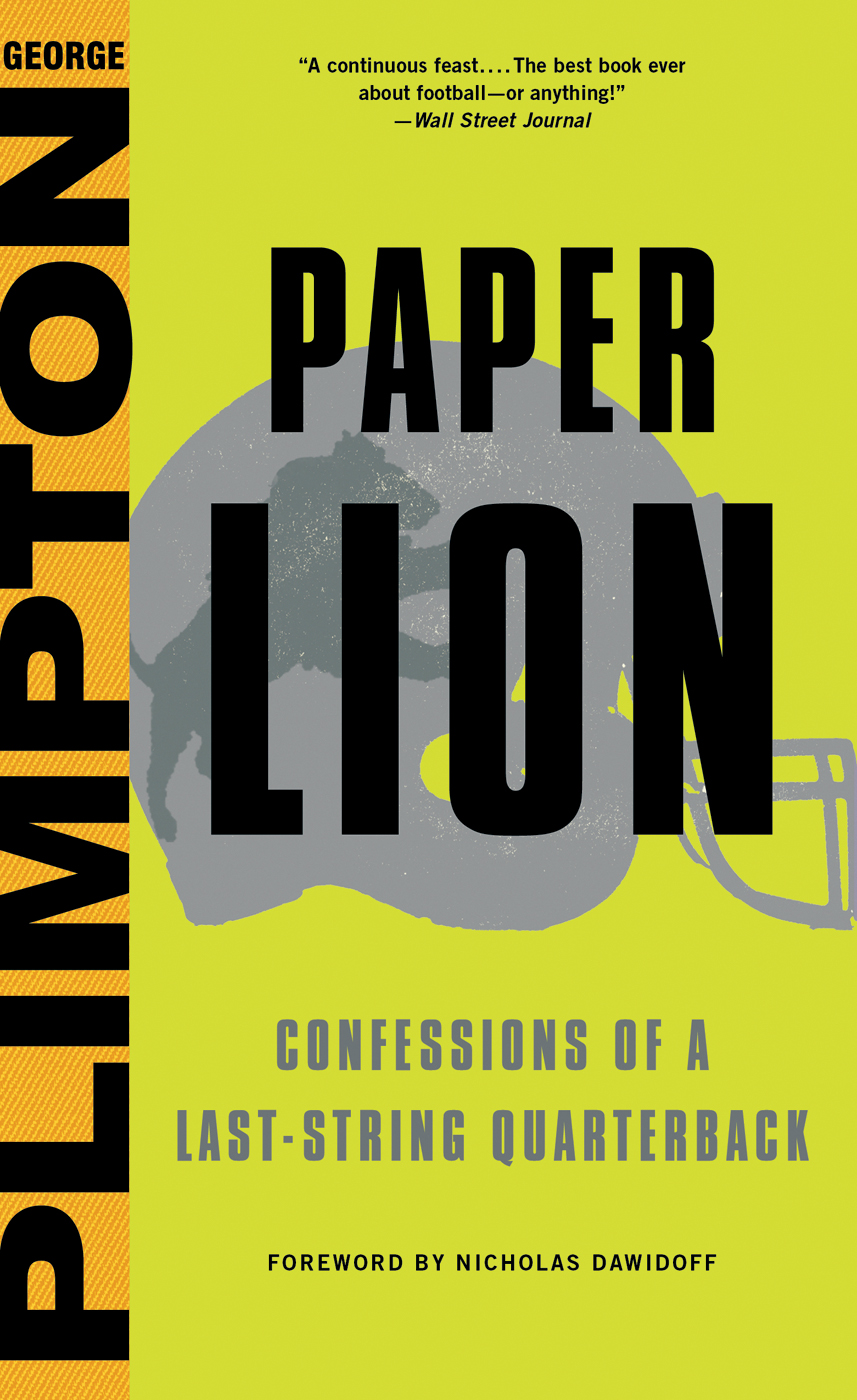Cover design by Allison J. Warner
Cover 2016 Hachette Book Group, Inc.
All rights reserved. In accordance with the U.S. Copyright Act of 1976, the scanning, uploading, and electronic sharing of any part of this book without the permission of the publisher constitute unlawful piracy and theft of the authors intellectual property. If you would like to use material from the book (other than for review purposes), prior written permission must be obtained by contacting the publisher at permissions@hbgusa.com. Thank you for your support of the authors rights.
Little, Brown and Company is a division of Hachette Book Group, Inc.
The Little, Brown name and logo are trademarks of Hachette Book Group, Inc.
The Hachette Speakers Bureau provides a wide range of authors for speaking events. To find out more, go to hachettespeakersbureau.com or call (866) 376-6591.
The publisher is not responsible for websites (or their content) that are not owned by the publisher.
The Rabbits Umbrella
Out of My League
Paper Lion
The Bogey Man
Mad Ducks and Bears
American Journey: The Times of Robert Kennedy (with Jean Stein)
One for the Record
One More July
Shadow Box
Pierres Book (with Pierre Etchebaster)
A Sports Bestiary (with Arnold Roth)
Edie: An American Biography (with Jean Stein)
Sports! (with Neil Leifer)
Fireworks: A History and Celebration
Open Net
D.V. (with Diana Vreeland and Christopher Hemphill)
The Curious Case of Sidd Finch
The X Factor
The Best of Plimpton
Truman Capote
Ernest Shackleton
Chronicles of Courage (with Jean Kennedy Smith)
The Man in the Flying Lawn Chair
EDITED BY GEORGE PLIMPTON
Writers at Work: The Paris Review Interviews, volumes 19
The American Literary Anthology, volumes 13
Poets at Work: The Paris Review Interviews
Beat Writers at Work: The Paris Review Interviews
Women Writers at Work: The Paris Review Interviews
Playwrights at Work: The Paris Review Interviews
Latin American Writers at Work: The Paris Review Interviews
The Writers Chapbook
The Paris Review Anthology
The Paris Review Book of Heartbreak, Madness, etc.
The Norton Book of Sports
As Told at the Explorers Club: More Than Fifty Gripping Tales of Adventure
Home Run
For a living dog is better than a dead lion.
Eccles. 9:4
T he problem with football writing has always been access, the fundamental elusiveness. How to overcome the crowd of armored players, the blur of motion, the anonymous wreckage after the tackle, the coded playbooks, the fenced-off team facilities, the self-effacing conformity of it all? Secretive by nature, football defies anybody from the outside to get close enough to achieve the clarity and insight excellent writing requires.
In exclusion George Plimpton saw opportunity. Plimpton, the first editor of the Paris Review, was a privileged New Yorker who had spent his life in the most rarefied American communities. The quality that shines through Paper Lion, the greatest of all football books, is Plimptons absolute conviction that he belongs. As a writer Plimpton was always more Paris than review, more safari-jacketed adventurer than urban belle-lettrist. That is to say, by procedural instinct he first walked among the fauna native to an exotic landscapeboxing rings, baseball diamonds, racetracksand then returned to far East 72nd Street to convey their essence.
And so it was on fields strewn with (Detroit) Lions. Plimptons solution to the problem of seeing football clearly was to get in the game. And while his playing pro football was assuredly a stunt, doing the daydream was also a terrific ideaso beautifully direct. Not only would participating in the Lions training camp as a last-string quarterback help Plimpton to see behind the face mask, but it would also allow him to engage with the vicarious impulse at the heart of sporting spectatorship. Plimpton wrote Paper Lion in what was still a Walter Mitty era of armchair fandom when from the bleachers all reveries were plausible. The peerless baseball writer Roger Angell, who began covering his sport for The New Yorker by attending spring training in 1962, the year before Plimpton joined the Lions, said, We used to think, with a little luck we could have been doing this. Nobody thinks that anymore. Today hed get hurt. Angell considers it amazing the Lions let him do it. They loved it. Could have been the opposite. He must have been extremely charming. George was very enthusiastic.
He was also an unlikely candidate for a mauling. A man about Harvard, the New Journalism cocktail circuit, and Kennedy administration skating parties (Muhammad Ali nicknamed him Kennedy), Plimptons football pedigree was modest. He was built along the lines of a stick and had been cut from his high-school junior varsity. But all that was exactly the point here, and besides, Plimpton had other qualities. A youthful thirty-six when he joined the Lions, our man was tall, boyish, nervy, socially at ease in unfamiliar settings, and a person unlikely to allow his sense of self to become contingent on how well he played football. Among the Lions, Plimpton was always the confident, charming writer, glad to wear jersey number zero because he understood that his athletic incompetence was useful to his story.
All the best immersive reporters have a gift for self-fashioning, and Plimpton was a master. By 1963, hed cultivated a patrician accent so affected even people whod seen it all, like the writer Roy Blount, shook their heads in admiration. And yet Plimpton was also the sort of man capable of seamlessly dropping his yalls from the moment he hit the Mason-Dixon Line. When Roger Angell was a boy growing up in New York, he admired the New York Giants left-handed screwball pitcher Carl Hubbell above all players. Angell heard that the accumulated strains of breaking off his signature pitch meant that Hubbells left palm faced permanently outward. So Angell began walking around with his arm to port similarly contorted. Angells mother, alarmed, told him, Dont do that, Rog. Angell recounted this to Plimpton, and soon enough word filtered to Angell of Plimpton, whose childhood love of Carl Hubbell was such thatget this!hed kept his arm bent in salutation until his mother told him to straighten up. Angell didnt hold this against Plimpton; inhabiting other peoples lives was simply what Plimpton did.




